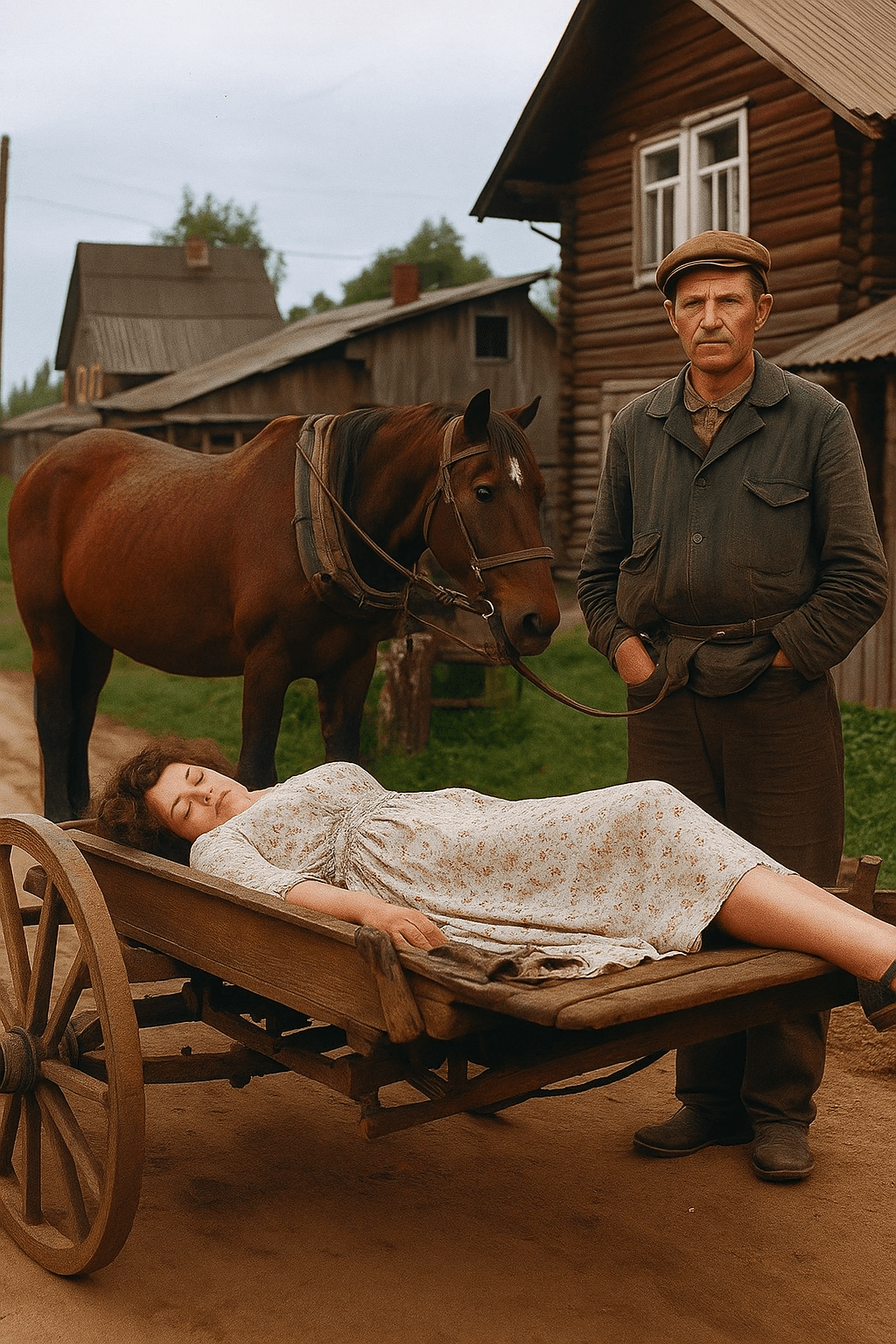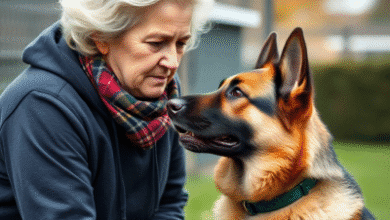Following his mother’s advice.

the husband took his wife, exhausted from illness, to a remote and abandoned place… And a year later, he returned — for her assets.
When Valentina married Artyom, she was only twenty-two. Young, full of light, with big eyes and the dream of a home that smelled like freshly baked pies, children’s laughter, and warmth.
She believed this was her destiny. He was older, reserved, quiet — but in his silence, she felt support.
Or at least she thought she did.
From the very beginning, her mother-in-law looked at her with suspicion. Her eyes said it all: “You’re not good enough for my son.”
Valya tried her best: she cleaned, cooked, and tried to adapt. But nothing was ever enough.
The borscht was too thin, the laundry was hung the wrong way, or she looked at her husband with too much affection — and that irritated her.
Artyom never said anything. He grew up in a household where his mother’s word was law. He never contradicted her, and Valya endured it.
Even when she began to lose strength, her appetite, and could barely get out of bed — she blamed it on exhaustion. She never imagined something incurable was growing inside her.
The diagnosis was devastating: advanced stage, inoperable. The doctors just shook their heads.
That night, she cried alone into her pillow. In the morning, she smiled again, ironed shirts, made soup, and listened to her mother-in-law’s complaints.
And Artyom grew distant. His eyes no longer looked for her, his voice had turned cold.
Until one day, his mother whispered:
— You’re still young. You have your whole life ahead of you. And she… she’s a burden. Take her to Aunt Dunya’s village. It’s peaceful there, no one will judge.
He didn’t answer. But the next day, he packed Valya’s bags and took her to an isolated place.
During the drive, she remained silent. She didn’t ask questions. She didn’t cry. She knew: it wasn’t the illness killing her. It was betrayal.
— It will be peaceful here — he said as he left her. — You’ll feel better.
— Will you come back? — she whispered.
He didn’t reply and drove away.
For weeks, she lay in bed. Then months. Until a young paramedic began visiting, bringing her medicine, giving her IVs. Valya hadn’t asked for help. But she no longer wanted to die.
Then the miracle happened: she stood up. Walked out to the porch. Visited the warehouse. The neighbors were amazed.
A year later, Artyom returned — documents in hand, ready to claim her property.
But he found Valentina alive, rosy-cheeked, and with firm eyes.
— You… you’re alive?
— Were you expecting something else?
— I thought you…
— Were dead? Almost. But that’s what you wanted, isn’t it?
She looked him straight in the eyes:
— You didn’t leave because you couldn’t stay. You left because you didn’t want to.
— My mother…
— Your mother won’t save you, Artyom. Not in front of God, not in front of yourself.
Take your papers. You won’t inherit anything. I left it all to the one who saved my life.
You buried me alive.
And he left in silence.
Valya rebuilt her life. She discovered she had inherited an apartment and a fortune from an absent father. But also a curse: persecution, threats, blackmail.
She discovered that Ilya — the paramedic who had saved her — was part of a plan. But she also discovered that he truly loved her.
When everything seemed lost, she exposed the criminals, handed over the evidence to the press. She became a symbol of resistance.
Ilya returned.
— I have no excuses. But now, you’re my reason. If you’ll let me, I’ll stay. Forever.
— On one condition: no more lies. Ever again.
Months later, she was pregnant.
And when the baby was born — Liza — Valentina knew her life was beginning anew. Full of light, full of hope.
She learned that, to find paradise, sometimes you have to walk through hell.
And she did.
💰 Awareness – Financial Loans: A Decision That Requires Responsibility
Loans can be great allies or real villains. When used with planning and clarity, they help get through tough times, invest in opportunities, or deal with unexpected expenses. However, when taken without analysis and criteria, they turn into unpayable debts.
Many people turn to credit as an escape to solve immediate problems, without considering the impact of the installments on their budget. Others take out one loan to pay off another, entering a dangerous cycle of continuous debt.
The biggest mistake is taking out a loan without evaluating the Total Effective Cost (TEC) — which includes fees, interest, taxes, and charges. Easy, fast, and online-approved loans often hide extremely high interest rates and abusive clauses.
Another danger is scams. Promises of instant credit approval without analysis can be frauds and result in serious losses.
Before taking out a loan, reflect:
- Do I really need this money?
- Can I afford the installment payments?
- What is the interest rate and total amount to be repaid?
- Are there other alternatives? (e.g., selling something, negotiating debts, postponing purchases)
Taking a loan is making a commitment. And financial commitments affect your personal, family, and even professional life. That’s why every decision must be made calmly, responsibly, and with planning.
Remember: credit is a tool, not a magical solution. Use it wisely. Avoiding unpayable debts today is ensuring peace of mind in the future.





